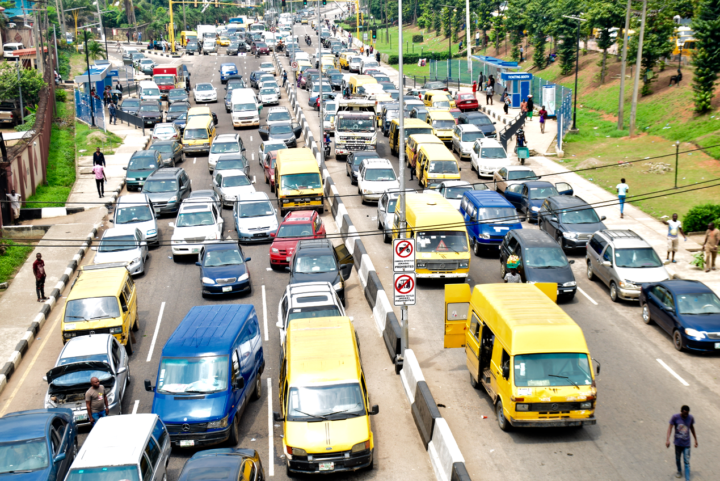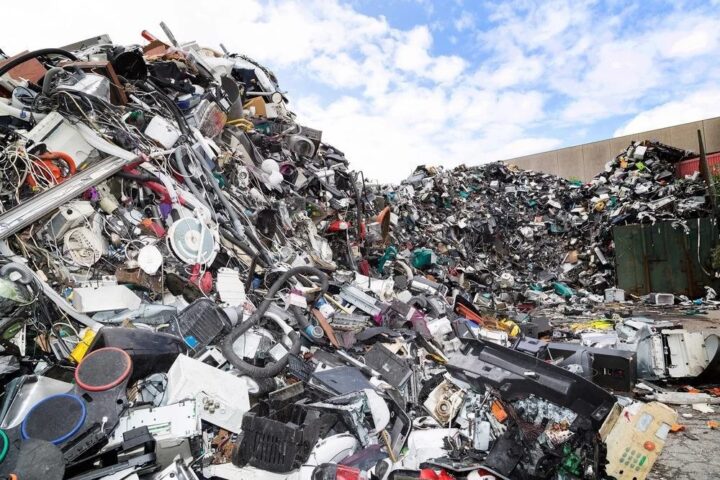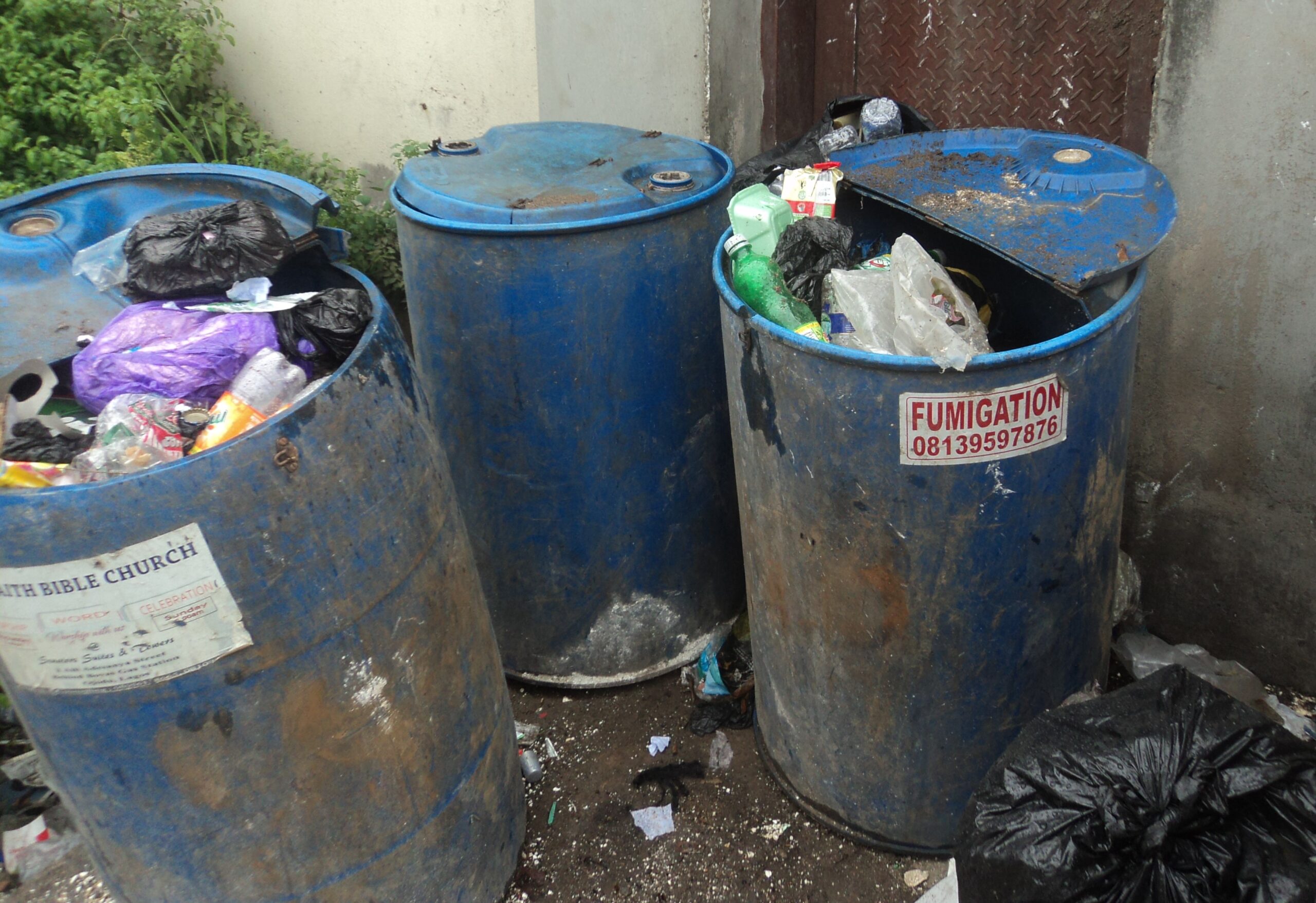Plastic waste
Plastic pollution could be reduced by up to 80 percent by 2040 if countries and companies make deep policy and market shifts, according to a report by the United Nations Environment Programme (UNEP).
Titled ‘Turning off the Tap: How the world can end plastic pollution and create a circular economy‘, the report was launched on Tuesday.
The report proposes a systems change to address the causes of plastic pollution, combining reducing problematic and unnecessary plastic use with a market transformation.
The report said the change can be achieved by accelerating three key shifts – reuse, recycle, and reorient and diversify.
Advertisement
The report noted that a system change will include governments promoting refillable bottles, bulk dispensers, deposit-return schemes, and packaging take-back schemes which could reduce 30 percent of plastic waste.
The report added that an additional 20 percent could be reduced if recycling becomes a more stable and profitable industry while removing fossil fuel subsidies and forcing packaging designers to enhance products’ recycling capabilities.
This, in turn, would mean the number of recyclable plastics would increase from 21 percent to 50 percent.
Advertisement
The report said using alternatives such as paper or compostable materials instead of plastic for wrappers, sachets, and takeaway items could also save a further 17 percent in plastic pollution.
Inger Andersen, UNEP’s executive director, said: “The way we produce, use and dispose of plastics is polluting ecosystems, creating risks for human health and destabilising the climate.
“This UNEP report lays out a roadmap to dramatically reduce these risks through adopting a circular approach that keeps plastics out of ecosystems, out of our bodies and in the economy.
“If we follow this roadmap, including in negotiations on the plastic pollution deal, we can deliver major economic, social and environmental wins.”
Advertisement
Add a comment






